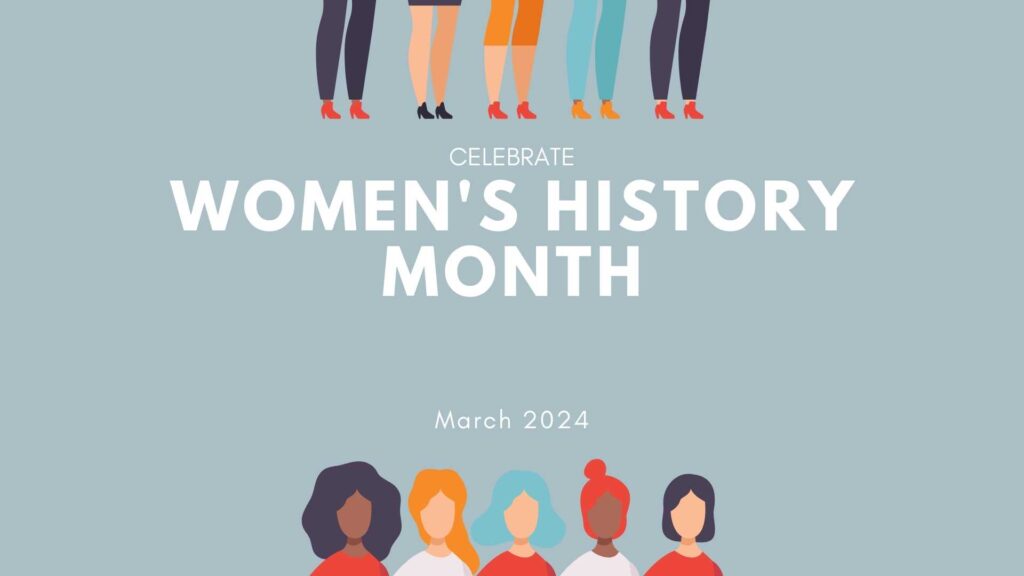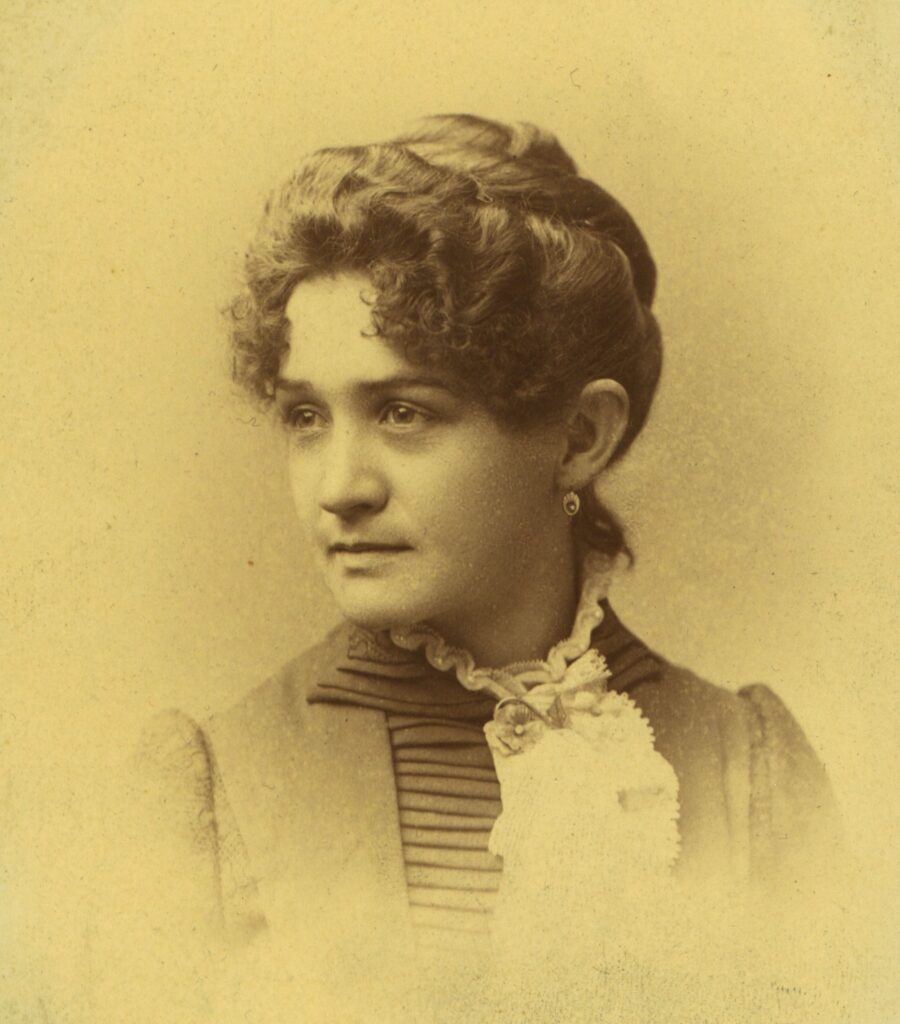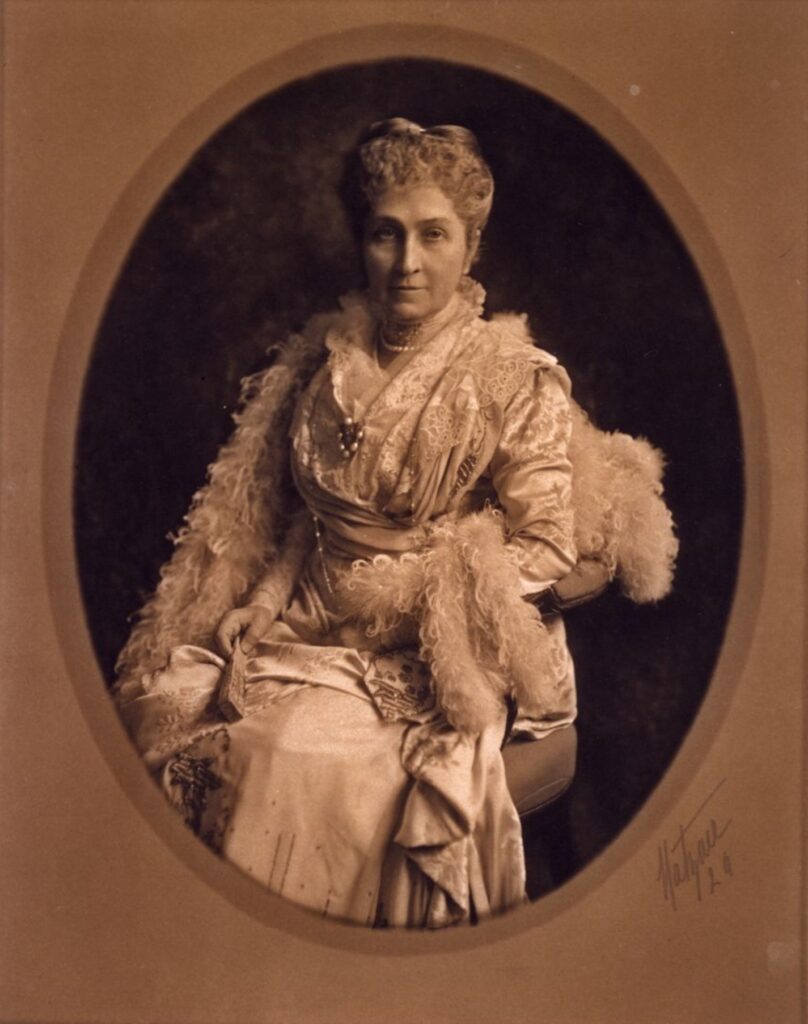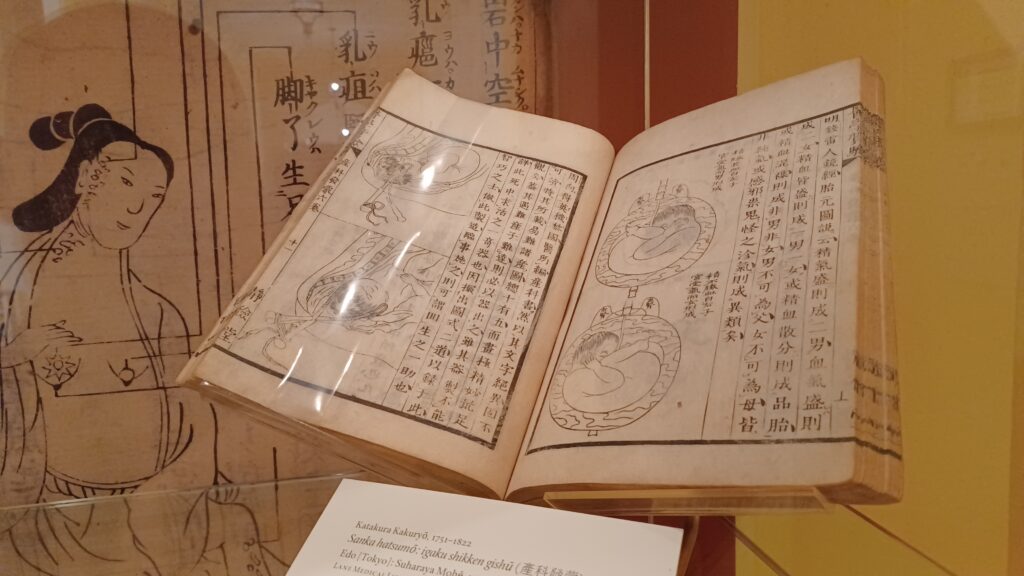
Celebrate Women’s History Month
You can celebrate Women’s History Month by exploring two recent projects of the Medical History Center in Lane Library.
An exhibit on Dr. Mary Bennett Ritter can be found in Lane Library and on the Library’s website. Dr. Ritter received her MD in 1886 from Cooper Medical College in San Francisco- the school that later became Stanford University’s School of Medicine. Her training and career demonstrate the ways that female physicians and other women in the 19th-century Bay Area created networks of solidarity to counter the opposition and challenges they each faced individually. For example, during the time she practiced medicine in Berkeley, Dr. Ritter was approached by female UC Berkeley students who inquired whether she would be willing to give them medical exams – a prerequisite to use the university’s athletic facilities. When local philanthropist Phoebe Hearst – the only woman on the University of California Board of Regents – learned that Dr. Ritter was providing exams to female students for free, she saw to it that Dr. Ritter was hired by UC Berkeley to ensure that medical exams for female students could continue and that Dr. Ritter was compensated for her labor.

Courtesy the Stanford Medical History Center

Courtesy the Special Collections and Archives, California Polytechnic State University, San Luis Obispo
The Medical History Center also contributed to the exhibit Embodied Knowledge: Women and Science Before Silicon Valley, now on display in Green Library. Organized by Stanford History Professor Paula Findlen, the exhibit highlights ways that women from around the world and from the Middle Ages to the present have pioneered new frontiers in medical and scientific knowledge. The Medical History Center has loaned rare books from its collections as part of the exhibit, including an 18th-century Japanese treatise on obstetrics, the Sanka hatsumō (産科発蒙).

Photo courtesy the Stanford Medical History Center
You can see the exhibit Embodied Knowledge: Women and Science Before Silicon Valley in the Peterson Gallery and Munger Rotunda of Green Library until March 24, 2024.